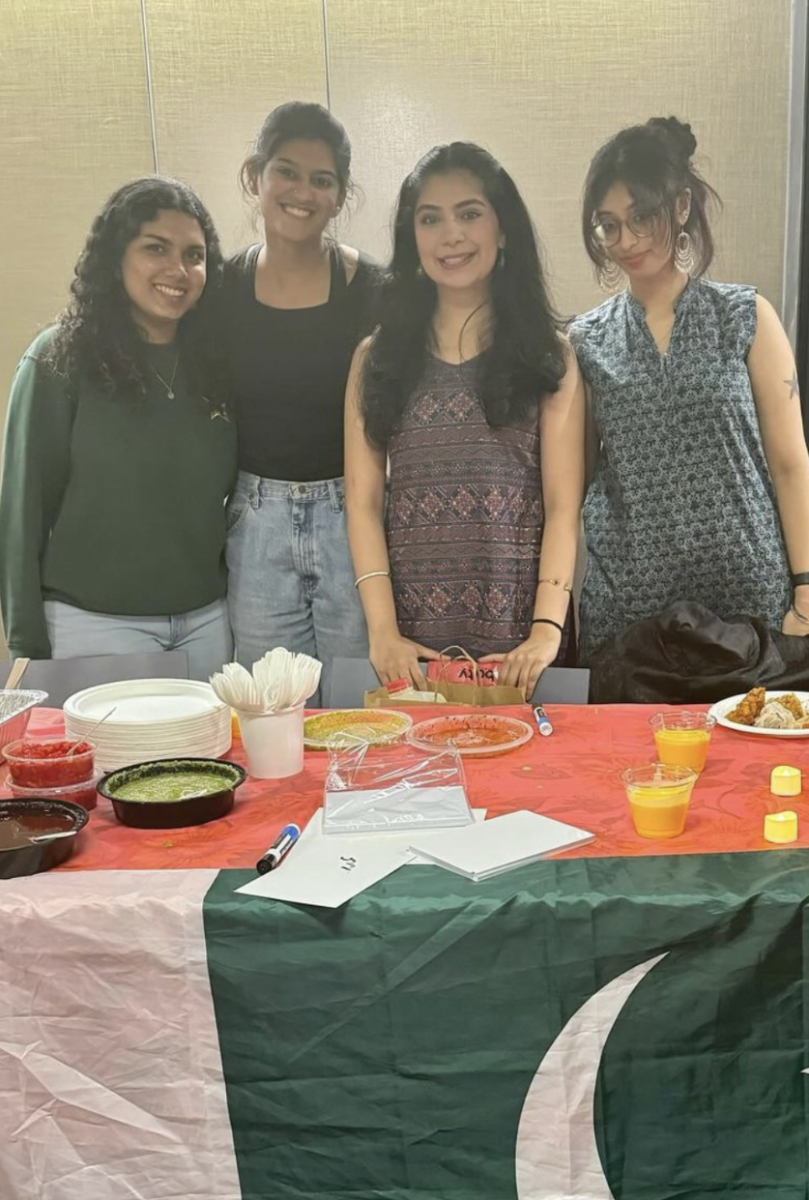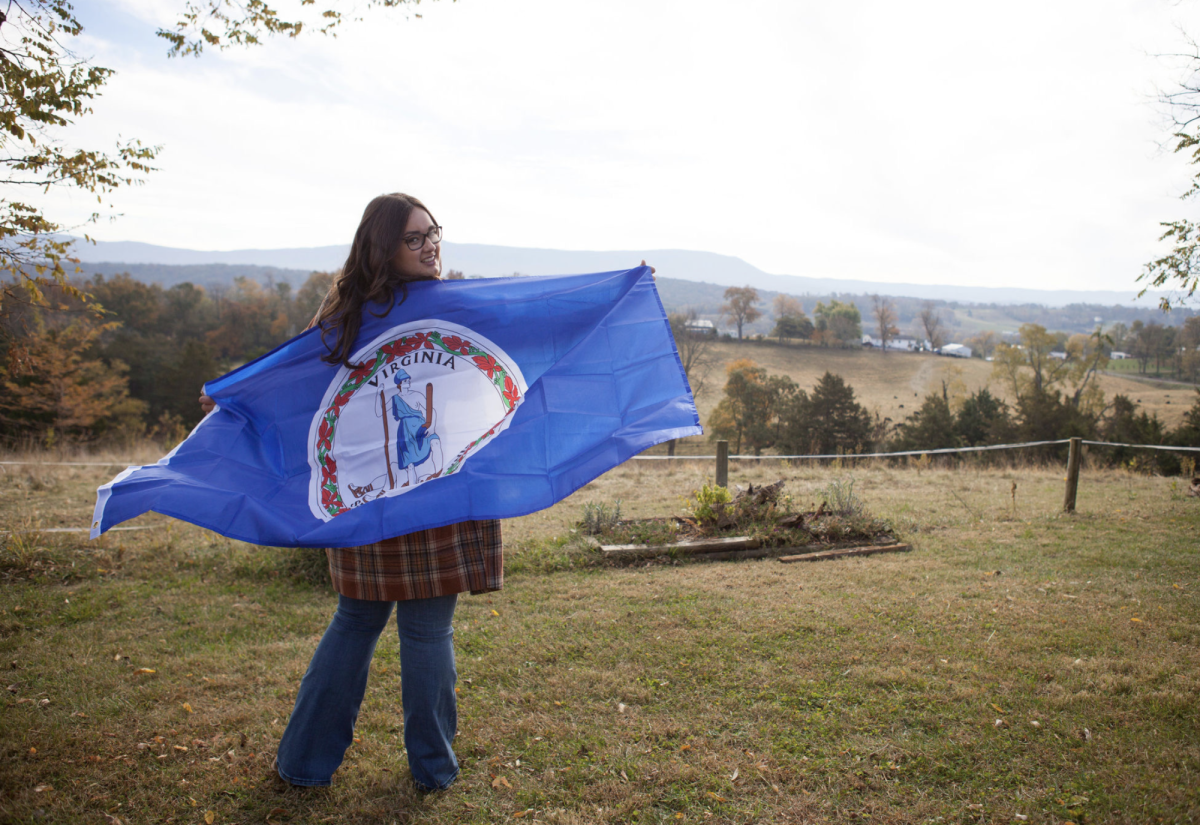This April, Wellesley College celebrates Latinx Heritage Month. The Latinx Advisor’s Office, Mezcla, Alianza, Committee on Lectures and Cultural Events Fund, Newhouse Center for the Humanities and others sponsored community gatherings, panel discussions and film screenings to celebrate Latinx life, culture and identity.
On Sunday April 10, Mezcla and the Student Farmworker Alliance, in collaboration with the Wellesley College Film Society, hosted a screening of the documentary “Fruits of Labor” in Collins Cinema. “Fruits of Labor,” the coming-of-age documentary, directed and produced by Emily Cohen Ibañez, follows 18 year old Mexican American teenager Ashley Solis Pavon. Pavon, a high school senior, aspires to attend college, but the realities of poverty and immigration politics forces her to start working on a strawberry farm.
The documentary follows Pavon as she labors in the fields of a food processing company in Watsonville, Calif. By tackling themes of womanhood, family structure, poverty, immigration and migration politics, the documentary provides an intimate look at the lives of farmworkers through the experiences of Ashley and her mixed-status family.
“For me, I find that there is so much importance in art being shown,” Zaria George ’22, co-president of Mezcla, said on the significance of the film. “I feel like documentaries and movies are a way of beautifully showing one’s culture and reality.”
George also noted that the film allowed students to understand injustices and place themselves in the shoes of somebody else.
“18 years old, a senior in high school, wasn’t too far ago for many of us, especially the first-years. In a lot of Black and Brown families, this is not a new story to us,” George said.
During the Trump administration, xenophobic efforts to crack down on immigration targeted farmworker communities, the core of the American agricultural and food production industries. Immigration and Customs Enforcement (ICE) has become more active in detaining undocumented persons.
Student Farmworker Alliance Representative Lily Cuellarsola ‘22 grew up in a predominantly agricultural community near Immokalee, Fla. that was heavily impacted by the lack of protections for farmworkers. Cuellarsola noted that the issues of farmworkers range from immigration to gender violence.
“Not a lot of people realize that it is one of the few protected fields,” Cuellarsola said.
Alluded to in the documentary, Pavon’s neighbor and fellow farmworkers were targets of this mass detainment and subsequent deportations. Her struggle intensified when she learned of labor policy that neglected domestic and farm workers, leaving them vulnerable to malpractice of employers.
In fact, California state law states that the minimum age “at which a minor may work in agriculture during school hours is 18, 16 if not legally required to attend school.” California agricultural child labor laws also state that the minimum age at which a minor may work in agriculture outside of school hours is 12 years.
“I thought it would be a very interesting [perspective] that a lot of people here at Wellesley wouldn’t have had the opportunity to see potentially. It builds a lot of empathy and understanding for what people are going through and how the system of farm work is structured in the United States,” said Cuellarsola.
Upcoming events this month include a picnic in Boston on April 16, Latinx Alumnae Panel on April 19 on Zoom and a Latinx Community gathering on April 22 in Alumnae Ballroom. On April 27, the final guest speaker, journalist and founder of AintILatina, Janel Martinez, will host a lecture on Afro-Latina identity on Zoom.
Students interested in learning more about the Student Farmworker Alliance and its current campaign to remove Wendy’s, the fast-food chain, from campuses nationwide may contact Student Farmworker Alliance representative, Lily Cuellarsola.





